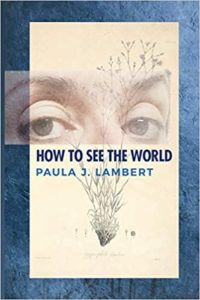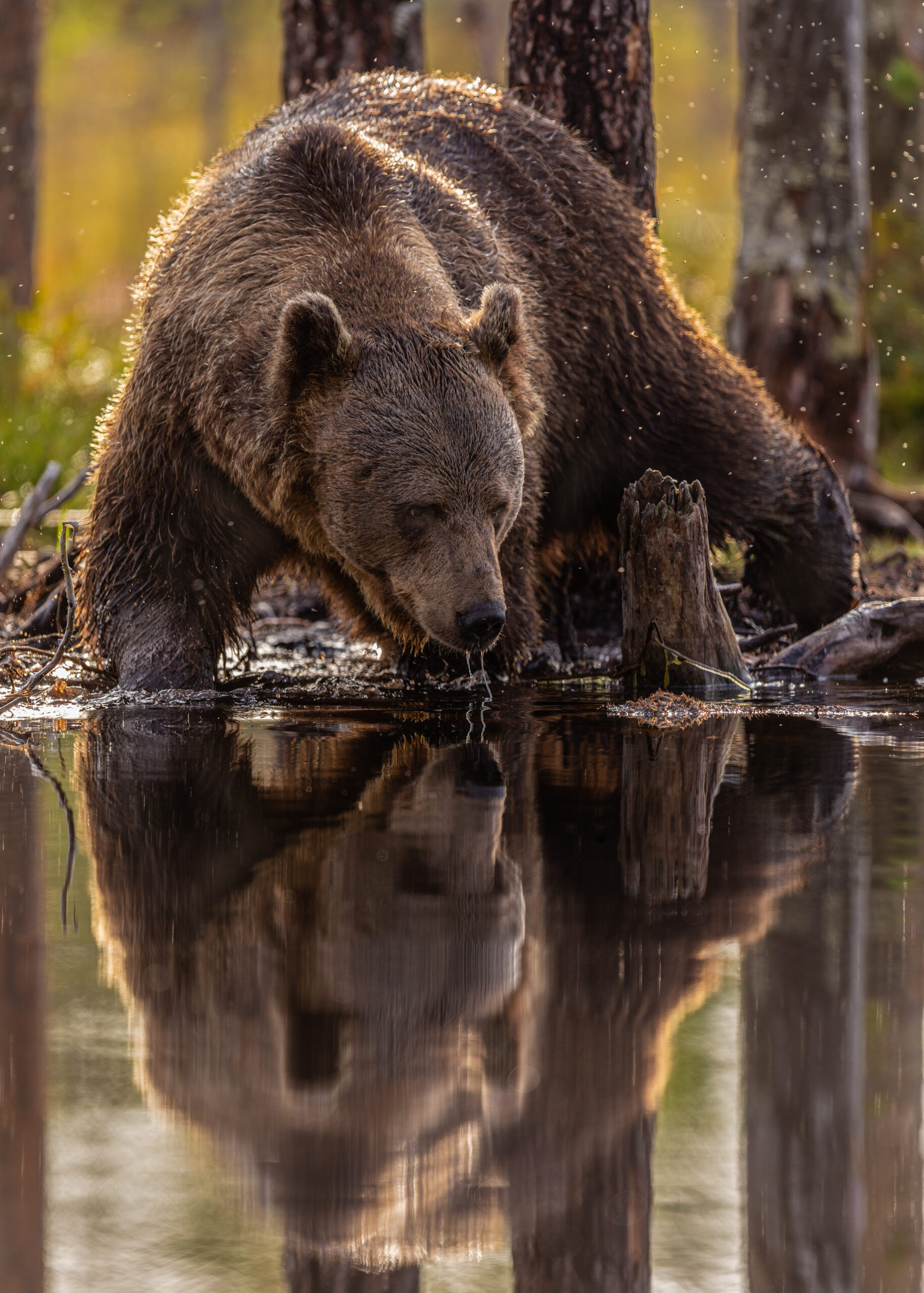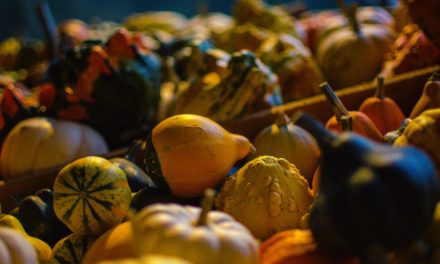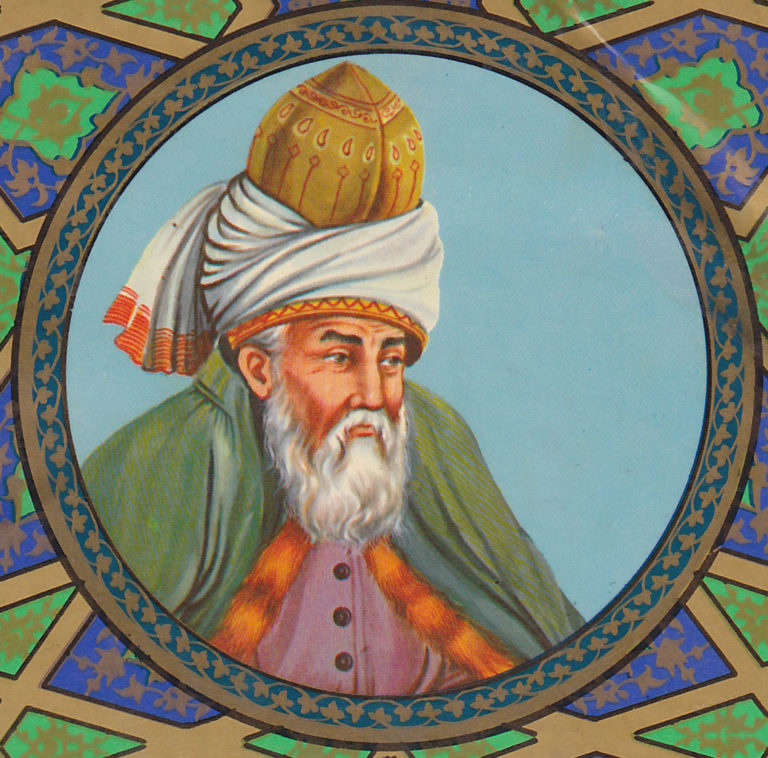My husband tells me about being a boy in Georgia,
about Christmas eve, about bundling in the car to
visit all the grandparents and cousins in the country.
He tells me the food was so plentiful on the farm that
scraps were fed to the dogs (which explains a lot about
my husband and leftovers). He tells me how every year
his dad brought cigarettes and handkerchiefs for
the men—he can’t remember what his mom brought
for the women—but every year was exactly the same
and the best part, always, was the Piper Cub airplane
that flew over the field, someone shouting Merrrrry
Christmas from a megaphone while parachutes tied to
stockings full of toys and candy rained right down
from the sky. One year, the best year, his grandparents
gave him a melodica. He sat in the yard all by himself,
till the Piper Cub came and even after, till his parents
packed up the car and brought them back home, still
he sat up with that melodica all alone teaching himself
Silent Night from the little book that came in the box.
Come Christmas morning, he played the song for his
family. It’s such a nice story. I’ve heard it all before.
But he tells it now with a wistfulness I’m not sure I’ve
heard from him ever, just after I tell him my cousin
Hilary posted on Facebook about her son playing his
melodica. I can’t stop thinking about breath, that this
sweet silly instrument works with the breath, that when
my husband tells me his melodica memory every detail
is also, one way or another, about breath: cigarettes and
even those handkerchiefs, the magical airplane riding
on air, the parachutes floating down. And him, tiny boy
with the greatest gift he’d even been given: something
he can cast his breath through and plink his fingers
over so somewhere through a silent southern night,
music floats back up to where the Piper Cub was.
On Christmas morning in Clayton County, he played
the song he’d figured out on the farm. He tells me
about it now, sixty years later, on a walk through the
suburbs in Ohio, as committed an atheist as ever there
was. But there’s no denying the light in his eyes, that
once upon a time, even he believed in something. Not
God, of course. Even at five or six years old, he claims,
he knew something wasn’t right with that story. He
believed he could learn a tune, and he never would
have guessed he’d be telling me about it so many years
later, so many miles away, after my cousin posted on
Faceback, while we’re all sheltering in place, while he
and I are walking through the neighborhood before
this storm blows in, one that’s already blowing through
these trees. That’s god for me, how breath can blow
Silent Night through sixty years of memory, connect
one part of family to another. Don’t tell me every puff
of smoke his uncles blew didn’t rise up, too, wherever
it was that Piper Cub came from. Don’t tell me that
a melodica in New York City didn’t just play in Ohio.
What would god be if not this breath, this music, this
breeze? What if not parachutes filled with Christmas
toys? What if not this sadness? What, if not this joy?

from How to See the World (Bottom Dog Press 2020)







This is such a beautiful weaving of memory through generations and time. I’ve come back to read it several times. Thank you.
Thank you so much Ellen.
Thanks to you, Laura!
Thanks so much for this response. Very glad you’ve enjoyed the poem, Ellen.